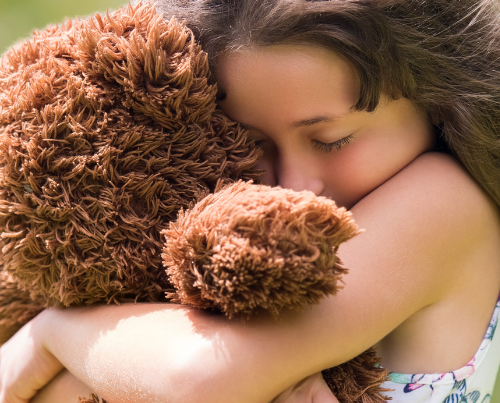Mental health and domestic abuse: Could you walk in their shoes?
For many survivors of domestic abuse, the scars run too deep for us to see.
Study after study shows that about one in five survivors of abuse experience mental health disorders – anxiety, PTSD and substance use challenges, among others. The American Psychiatric Association says survivors often internalize their abuse, believing the horrible things their abuser does and says and blaming themselves for their situation.
Such thinking can lead to self-destructive behaviors, continued cycles of abuse and even suicide.
No matter who we are, abuse can strain our mental health.
Kath Twigg was trained to help victims of abuse in her job as a criminal justice manager. From 9 to 5 every day, Kath fought for people experiencing abuse, trying to persuade judges and juries to walk in their shoes. At night, though, she was walking in her own survivor shoes, being abused at home.
In sharing her story with England’s Mental Health Foundation, she explained how her mental state became distorted:
“I lived in a relationship characterized by coercive control, threatening behavior and incidents of violence. I was isolated and depressed, trying desperately to maintain an outward veneer of respectability. …”
“It’s hard to leave your home and everything you’ve worked for, and even harder to admit to the world that yet another of your relationships has failed; … I stayed for far too long, when all I really needed to do was walk through the door and ask for support.”
“Even when I found the courage to break away, I nearly didn’t make it due to distorted thinking [that] re-surfaced and caused me to think I could return to my toxic relationship and it could all be put right. …”
“I have come to realize that there is much hidden abuse among people such as myself. Who often feel a sense of failure and isolation, [a feeling] that they should be able to cope and [are] therefore ashamed to disclose their suffering and ask for help.”
The toll on Kath’s mental health almost took her life, as it does for so many others suffering from abuse. Even less severe mental health symptoms disrupt survivors’ lives for years; men and women can struggle to establish new relationships, read social cues, and even recognize faces.
What can we do? As donors and volunteers, you’re already helping.
Thanks to generous people like you, Sheltering Wings offers life skills programs to help survivors renew, recalibrate and relearn the skills they need to be independent. If you have a skill you’d like to share with our residents, please contact Linda Wells. If you’d like to donate to support these programs, we’d love that, too!
Do you need someone to talk to?
If you’re not sure whether you’re in an abusive situation, please talk to us. It’s confidential, we won’t try to persuade you to do anything you’re not ready to do, and we can steer you toward all sorts of resources that might help you and your family. If you think you might be ready to come see us, we can make that happen, too, safely. Call us 24/7 at (317) 745-1496 or message us through Facebook.
[1] https://www.psychiatry.org/psychiatrists/cultural-competency/education/intimate-partner-violence
[2] https://www.mentalhealth.org.uk/stories/kaths-story-hidden-domestic-abuse-and-my-mental-health
[3] https://www.psychiatry.org/psychiatrists/cultural-competency/education/intimate-partner-violence







